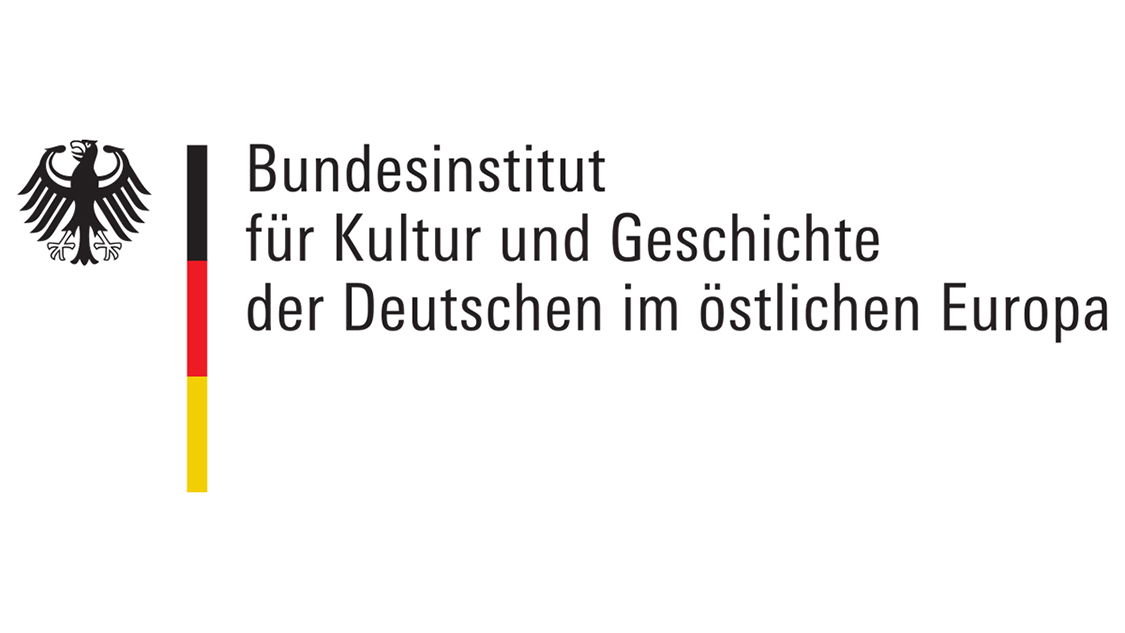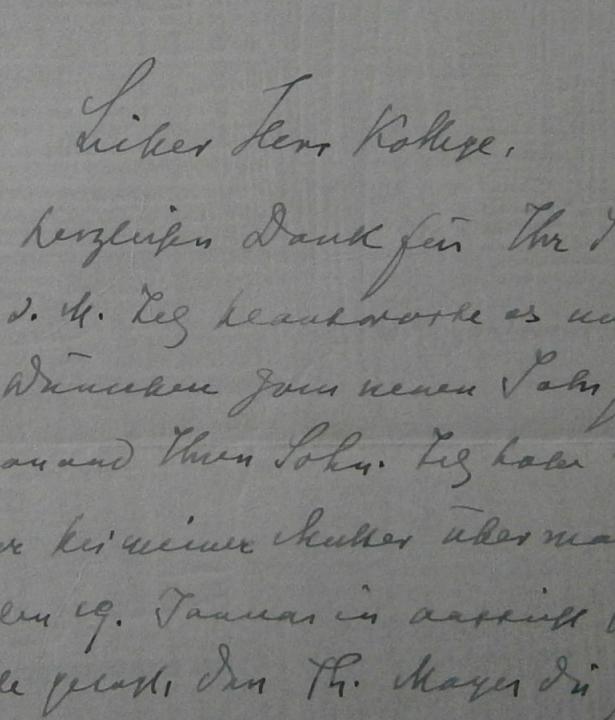As part of its biographical research, the BKGE is examining the multi-faceted life and work of Enno Meyer. The project will encompass a study on Enno Meyer's "47 Theses on the Representation of German-Polish Relations in History Teaching".
Text
In this project, scholars, companions, former students and family members recall the life and work of the Oldenburg intellectual Enno Meyer (1913-1996). They provide information about the work and the biographical background of this respected pedagog, who became the spiritus rector of both the German-Polish textbook discussions and the reappraisal of the persecution of the Jews in Oldenburg and in East Frisia. The project looks at the impact he made in the small-town milieu of Oldenburg and in German nationalist youth and student associations of the 1920s and early 1930s, as well as his experiences as a soldier in World War II. The period after 1945 represented a cautious new beginning for Meyer in terms of hs political views. He made his students and readers aware of the crimes of the Nazi era without abandoning his conservative values and principles.
Publication
Text
The first results of this project can be found in the publication Akteur im Stillen. Enno Meyer und die Aussöhnung mit Polen und Juden, edited by Burkhard Olschowsky, and in the Polish edition Protagonista w Cieniu. Enno Meyer w Procesie Pojednania Niemców z Polakami i Żydami, also edited by Burkhard Olschowsky. The Polish edition opens the book series "Turning Points and Personalities of Dialogue. Aus der Geschichte der deutsch-polnischen Verständigung/ Przełomy i ludzie dialogu. Z historii polsko-niemieckiego porozumienia" of the Polish Academy of Sciences.
The Polish version was produced as part of a cooperation project between the BKGE, the Center for Historical Research Berlin of the Polish Academy of Sciences and the Georg Eckert Institute – Leibniz Institute for International Textbook Research.
The Polish version was produced as part of a cooperation project between the BKGE, the Center for Historical Research Berlin of the Polish Academy of Sciences and the Georg Eckert Institute – Leibniz Institute for International Textbook Research.
Externe Links
External Image




